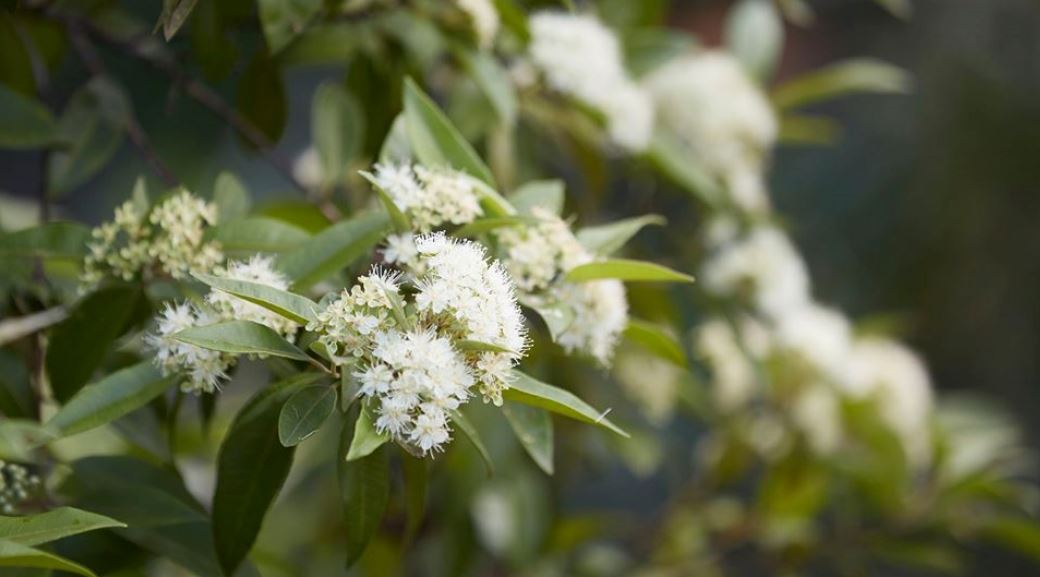As more consumers worldwide look for naturally-derived products with anti-inflammatory and anti-microbial properties, global demand for tea tree oil has boomed.
The antiseptic oil comes from the leaves of the Melaleuca alternifolia tree, native to Queensland and NSW, and the cosmetics and toiletries industries are the major markets.
More than 80 per cent of tea tree oil is still produced in Australia and the global market is expected to reach annual revenues of US$57.6 million over the next five years, reports KBV Research.
The highest demand comes from North America and Europe, which account for 48 per cent and 27 per cent of tea tree oil exports, respectively.
The current surge in hand sanitiser sales has also increased interest in another Aussie native – lemon myrtle.
Echoing the global success of tea tree oil, many consumers are looking for naturally-sourced personal hygiene products.
Backhousia citriodora, to give lemon myrtle its botanical name, is native to sub-tropical Queensland.
It is the richest natural source of citral, an anti-fungal, anti-inflammatory and anti-microbial agent, in the world.
Australian Native Products is Australia’s – and the world’s – largest producer of lemon myrtle.
The company’s plantations near Mareeba in Far North Queensland produce 100 per cent certified organic leaves and oils from 1.2 million trees.
Normally, most harvested lemon myrtle is available as dried leaves.
But the company is switching to more essential oil production to be used in cleansing products, hand sanitisers, soaps and body scrubs, following a surge in demand here and overseas during the COVID-19 pandemic.

